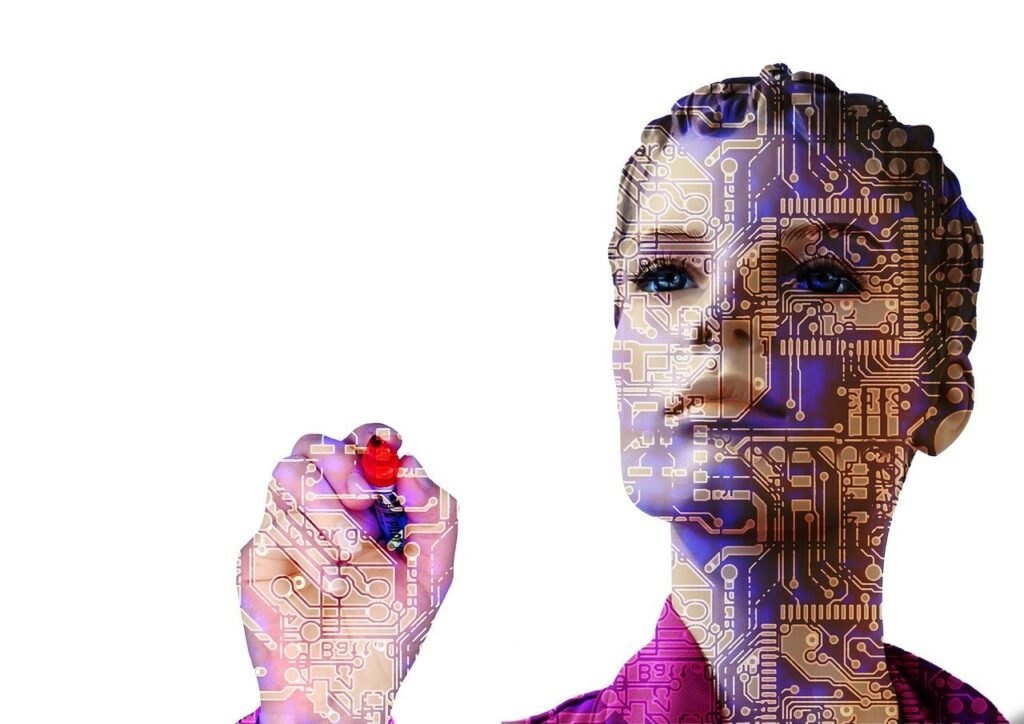Researchers at the Indian Institute of Technology (IIT) Madras are using Artificial Intelligence tools to study the processes involved in the conversion of biomass to gaseous fuel.
CHENNAI Researchers at the Indian Institute of Technology (IIT) Madras is using Artificial Intelligence tools to study the processes involved in the conversion of biomass to gaseous fuel. With increasing environmental concerns associated with petroleum-derived fuels, biomass is a practical solution, not in the conventional sense of directly burning wood, cow dung cakes, and coal, but as a source of energy-dense fuel.
While models are being developed all over the world to understand the conversion of biomass into fuels and chemicals, most models take a long time to become operational. Artificial Intelligence tools such as Machine Learning (ML) can hasten the modeling processes.
“There is an urgent need to train the next generation of engineers on high-performance computing and machine learning skills so that they can address some of the biggest challenges before us, such as developing zero-emission technologies to tackle climate change. This work is one such example,” said Dr. Himanshu Goyal, Assistant Professor, Department of Chemical Engineering, IIT Madras, in a statement.
The IIT Madras team used an ML method called Recurrent Neural Networks (RNN) to study the reactions that occur during the conversion of lignocellulosic biomass into energy-dense syngas (gasification of biomass).
“The novelty of our ML approach is that it can predict the composition of the biofuel produced as a function of the time the biomass spends in the reactor. We used a statistical reactor for accurate data generation, which allows the model to be applied over a wide range of operating conditions,” explained Dr. Niket S Kaisare, Professor, Department of Chemical Engineering, IIT Madras.
The researchers detail the study in the peer-reviewed journal named Reaction Chemistry and Engineering, as per reports. The team used AI tools not only for biomass-biofuel conversion studies but also for socially relevant and environmentally beneficial processes such as carbon capture and the electrification of the chemical industry
Author: Dr. Himanshu Goyal, Assistant Professor, Department of Chemical Engineering, IIT Madras
Image by Gerd Altmann from Pixabay

